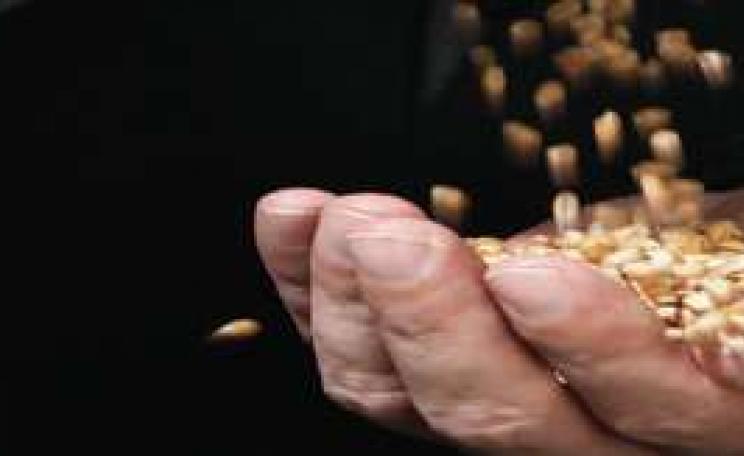You what?
Possibly the deaths of millions. I stood accused, it emerged, of holding back the fight against poverty, disease, and hunger.
No laughing matter. Who was my accuser?
The person lining me up for the Pol Pot Award, apparently, was Lord Dick Taverne - the head of the lobby group Sense About Science.
By opposing GM, Taverne had told the programme makers, people like me blocked the products of this life-saving technology from reaching the starving millions. And others the BBC had spoken to had assured them that opposition to GM crops had even resulted in famine relief ships being turned back at sea by a southern African nation in the grip of terrible famine.
Radio 4’s Costing the Earth team, I was told, were coming to investigate.
The resulting programme went out last Thursday and it’s to the credit of the programme makers that they managed to cut through the hyperbole, peel back the rhetoric, and examine the actual factual basis of the claims being made by GM’s promoters.
And once they focused on the facts Lord Taverne and his pals came seriously unstuck. Take for instance, the Government’s recently retiring Chief Scientist, Prof. Sir David King, who in the demob-happy period before he finally quit at the end of last year launched a volley of dodgy promotionals for GM, nukes and badger-killing.
Costing the Earth re-ran part of King’s interview with Today - Radio 4’s flagship current affairs programme - the part where King told the listening millions that given the world’s burgeoning population and the impact of climate change, “We're going to need to get even cleverer. More crop per drop. And we need the technology that can deliver that, and in my view we have the technology, it's GM.” And Prof. King had the killer application to prove it.
Unfortunately, the high yielding GM product for Africa, which King described in such loving detail to listeners as an example of how GM was transforming agriculture around Lake Victoria, turned out on subsequent examination to be, errr… non-GM! Developed by conventional plant breeding and involving companion planting it had absolutely nothing to do with genetic engineering.
“Can the biotech industry themselves do any better?”, presenter Tom Heap wondered. They asked the industry’s PR guy in the UK, Julian Little to give his killer application for transforming the lives of the poor. He came up with hybrid rice, which he readily admitted wasn’t GM either, but non-GM biotechnology had had something to do with its development he claimed.
Lord Taverne proffered Golden Rice and banged on about crimes against humanity. Happily, I got the chance to respond and to point out that when it comes to helping deal with Vitamin A deficiency, not only is Golden Rice not all it’s cracked up to be but there are a range of other, often more viable, solutions out there which we never hear anything about. Golden Rice, I pointed out, has everything to do with PR for the industry, but that's very different from seriously addressing the issues that drive malnutrition. I also got the chance to puncture the GM promoters’ urban myths about what happened when Zambia turned down GM food aid.
It was left to the final contributor to the programme, James Wilsdon from the think tank Demos to spell out why GM’s promoters need to cut out the demonizing and other negative rhetoric: “There’s a real need to be more open to the very sensible social, political, economic questions that many critics of GM have been arguing about the place that that technology could have within global agriculture and not simply to dismiss these out of hand or to pretend that any objection to the technology is a sign of some luddite anti-scientific ignorance. It's not ignorance that's prompting these questions, it's very sensible concern about who will benefit from this technology, who will control it, who will take responsibility if and when it goes wrong. And it's those questions that remain unanswered.”
Jonathan Matthews is an editor at GM Watch and LobbyWatch.






